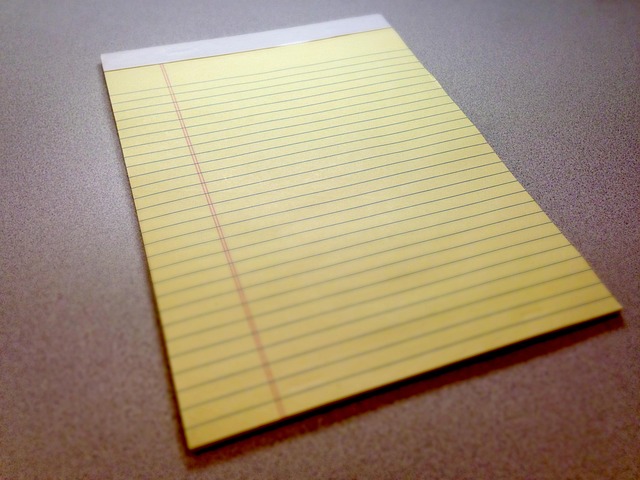In Oregon, tenant mold complaints are taken seriously under state laws protecting residents from hazardous mold in rental properties. Both landlords and tenants have specific responsibilities for prevention, inspection, and remediation. Tenants should notify landlords immediately upon discovering mold through written communication, documenting evidence with photos. Landlords must conduct routine visual inspections and promptly address any reported issues to prevent health risks and property damage, ensuring safe living conditions. Effective communication and compliance with health regulations foster a healthier environment.
In Oregon, tenant rights regarding mold in rental properties are protected by strict laws. Understanding these regulations is crucial for both tenants and landlords to prevent and address mold-related issues effectively. This article guides you through Oregon’s rental mold laws, clarifies tenant responsibilities, and offers insights on navigating tenant mold complaints. Learn about prevention strategies and remediation processes to ensure a healthy living environment. Key focus: tenant mold complaints.
- Understanding Oregon's Rental Mold Laws
- Tenant Rights and Responsibilities
- Navigating Tenant Mold Complaints
- Prevention and Remediation: A Guide for Tenants
Understanding Oregon's Rental Mold Laws

In Oregon, rental mold issues and tenant mold complaints are taken seriously. The state has established laws to protect tenants from hazardous mold conditions in their rental properties. These laws outline the responsibilities of both landlords and tenants regarding mold prevention, inspection, and remediation. Understanding these regulations is crucial for both parties to ensure a healthy living environment.
Tenants have the right to file complaints if they suspect mold in their rental units. Oregon’s Health Department receives and investigates these complaints, ensuring proper mitigation and repair. Landlords are required to conduct routine visual inspections and take prompt action when notified of potential mold issues. Prompt remediation is essential to prevent further health risks and damage to the property.
Tenant Rights and Responsibilities

Tenants in Oregon have certain rights and responsibilities when it comes to mold in their rental properties. If a tenant discovers mold, they should immediately notify their landlord or property manager in writing, detailing the extent and location of the mold. This is especially important for tenant mold complaints, as early detection can prevent further damage and health risks.
Tenants are responsible for keeping their rental unit clean and maintaining good ventilation to minimize moisture issues, which can lead to mold growth. They also have the right to safe living conditions, free from hazardous levels of mold that could cause respiratory problems or other health concerns. Landlords are required to address and remediate mold issues promptly, ensuring the tenant’s safety and well-being.
Navigating Tenant Mold Complaints

Navigating tenant mold complaints involves understanding both state laws and your rights as a tenant. In Oregon, landlords are required to maintain safe and habitable living conditions, including addressing mold issues promptly. If tenants discover mold in their rental unit, they should document it with photos and inform their landlord immediately. Tenants have the right to request inspection and abatement of mold, and landlords must comply within a reasonable timeframe as per Oregon’s health and safety regulations.
When dealing with tenant mold complaints, communication is key. Tenants should clearly articulate their concerns, while landlords must act promptly and transparently. Regular inspections can prevent mold issues from escalating, and both parties should be aware of their responsibilities under these laws. Effective navigation of tenant mold complaints ensures a healthier living environment for everyone involved.
Prevention and Remediation: A Guide for Tenants

Mold can be a significant issue for tenants in Oregon, leading to various health problems and even legal complications. To prevent and address mold concerns, tenants should be proactive. Start by conducting regular inspections of your rental property, looking for signs of moisture or discoloration, which could indicate mold growth. Addressing any leaks or sources of high humidity immediately is crucial to preventing mold from taking hold.
If a tenant discovers mold, they should notify the landlord as soon as possible. In Oregon, landlords are required to take reasonable steps to prevent and remediate mold issues. Tenants can assist by providing detailed information about the affected areas and any symptoms experienced due to exposure. Proper remediation involves specialized equipment and techniques to ensure the safe removal of mold and the restoration of a healthy living environment.






